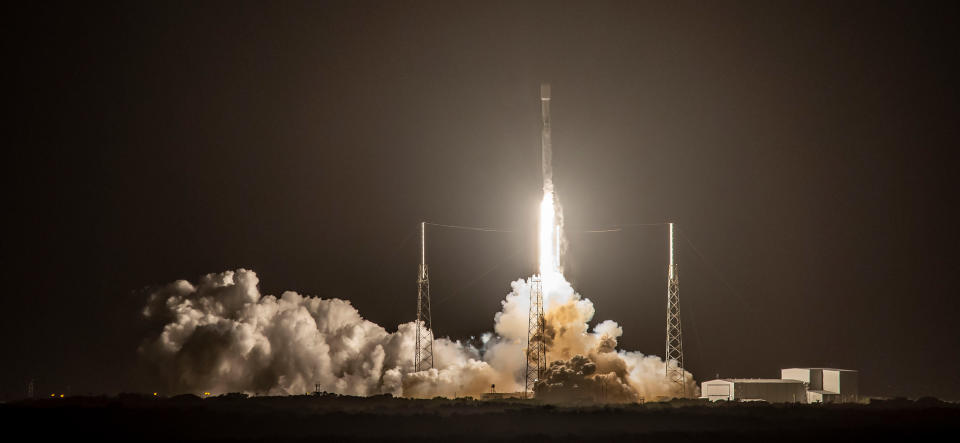SpaceX launches 60 more Starlink satellites

SpaceX has launched another batch of Starlink satellites, adding 60 more to the constellation on orbit. This is the 24th Starlink launch in total, and means SpaceX has now sent up more than 1,500 Starlink spacecraft, with around 1,438 of those still in operation. This is the first Starlink launch since April 7 — which, surprisingly, is the biggest gap between these launches in quite a while.
This year, SpaceX's overall launch calendar has been dominated by Starlink launches, as the company seeks to expand the availability, quality and coverage of its low Earth orbit broadband internet network. SpaceX also opened up availability of Starlink service this year, and now seems to be mostly supply-constrained on the consumer receiver terminal side, rather than necessarily on network capacity or regional ability.
Regarding that few week gap in the Starlink launch pace, it's not like SpaceX was slacking in the meantime; the launcher sent up its second crew of astronauts destined for the International Space Station in a flight just last week. Plus, it has two or three additional Starlink launches tentatively scheduled to happen in May.
This latest launch took off from Cape Canaveral in Florida at 11:44 PM EDT (8:44 PM PDT) on Wednesday, and used a flight-proven Falcon 9 first-stage booster, which was used on six prior missions, including four Starlink launches.

 Yahoo Finance
Yahoo Finance 